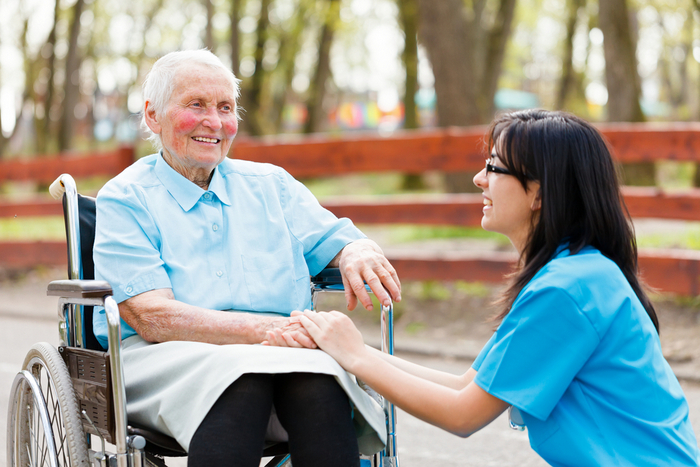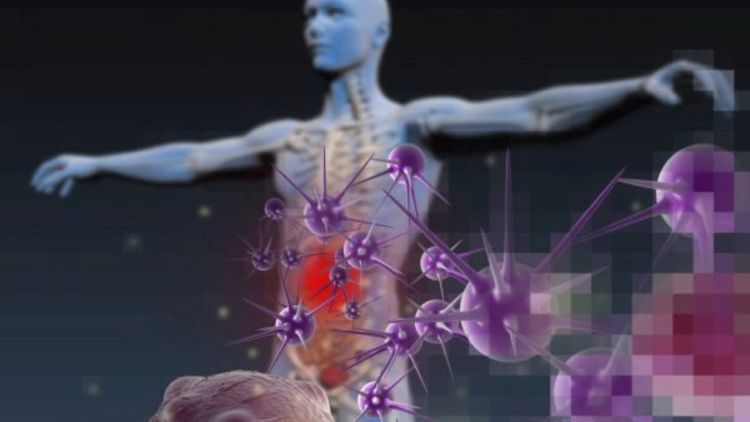Recognising the Symptoms of Alzheimer’s disease
Alzheimer’s is a devastating disease that is sometimes just put down to the symptoms of old age. However, if ignored it dramatically affect the sufferer and those around them.
The rate at which Alzheimer’s develops differs from person to person and is almost impossible to predict. It is thought that some medications or infections can make increase the rate at which the disease takes hold.
It’s vital that symptoms are picked up as soon as possible to ensure the best care is given. It is generally believed that Alzheimer’s is separated into three different stages with the following symptoms…
Early Symptoms
The most obvious early symptom of Alzheimer’s is memory lapses. Everyone is prone to forgetting things every now and again, but someone with Alzheimer’s may start to forget things more often, such as recent conversations or events, people’s names or even objects. They may also repeat themselves regularly and find it harder to make decisions or try new things.
Other early symptoms include mood changes, increased anxiety and confusion.
Middle Stage Symptoms
Whilst the early symptoms may be quite subtle at times, the middle stage symptoms are much more obvious. Memory loss becomes more severe and the sufferer may struggle to remember the names and faces of even those closest to them which can be very distressing for everyone.
The sufferer may also become compulsive or obsessive in their behaviour and may also start having delusions, believing things that clearly aren’t true. They may also develop aphasia, a condition that prevents them from speaking and using language correctly, and may also have difficulty with spatial awareness, poor vision and even hallucinations.
If the sufferer’s condition gets to this stage then there’s a good chance they will need help with their day-to-day living, even with tasks such as dressing and going to the toilet.
Later Symptoms
The later stages of Alzheimer’s can be particularly distressing for everyone. The sufferer may well become violent even with close friends and family as they likely won’t recognise them at all. Hallucinations may also become significantly worse.
They may also develop dysphagia (difficulty eating and swallowing), suffer from incontinence, have difficulty moving around without assistance, lose weight, and gradually lose the ability to speak.
It’s at this stage that round-the-clock care is almost essential for the sufferer to function, either in the form of at-home care or care/retirement homes. Organisations such as Extra Care have trained carers who can help make Alzheimer’s sufferers’ lives as comfortable as possible, which might be a better option than relying on family and friends who perhaps aren’t best positioned to cope with the later stages of the disease.
If you’re worried that you may have the early signs of Alzheimer’s disease, then contact your GP as soon as possible. Similarly, if you’re concerned that someone you know may have the disease then you need to try and convince them to make an appointment with their doctor, however difficult it may be to approach.





